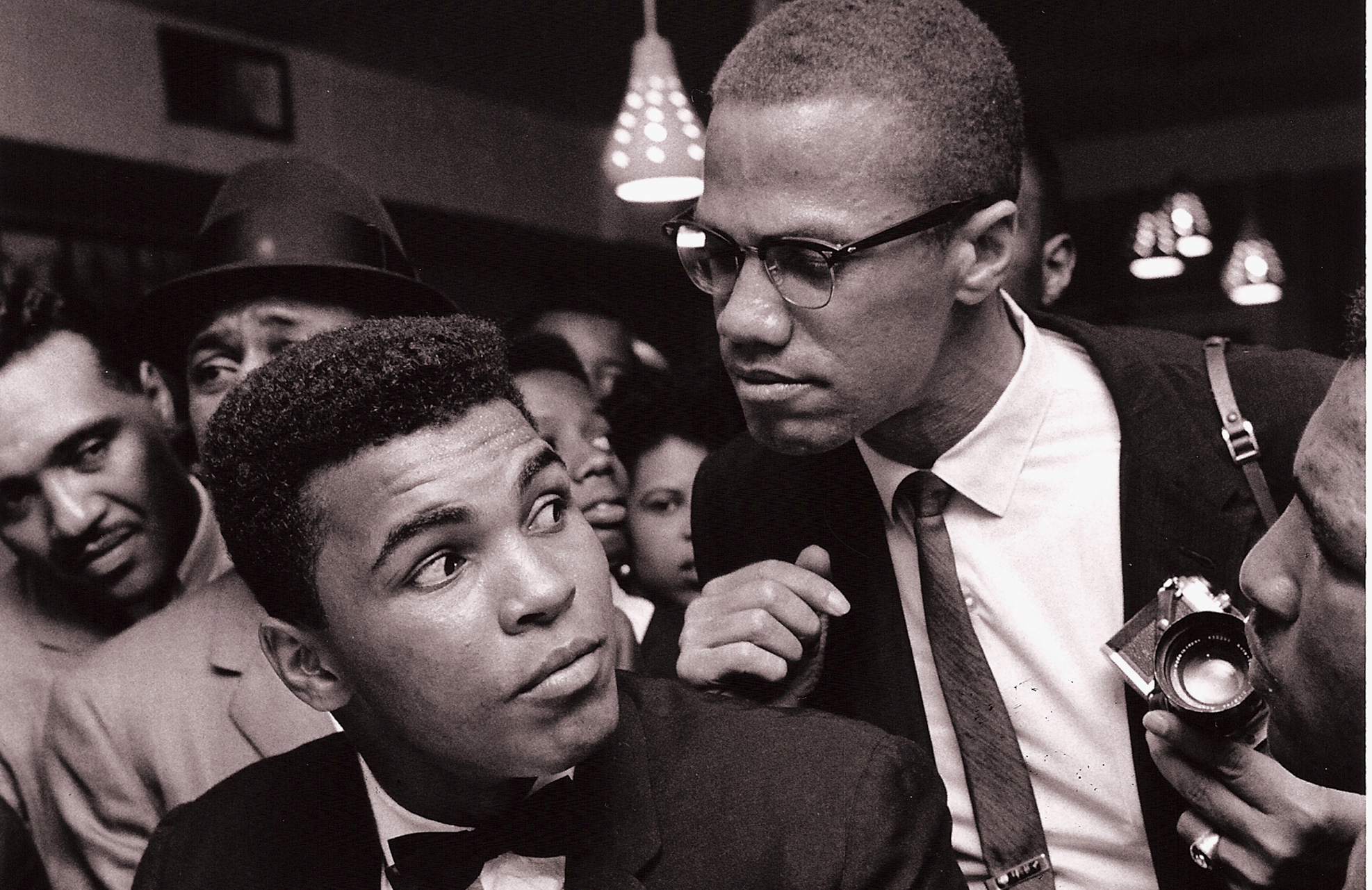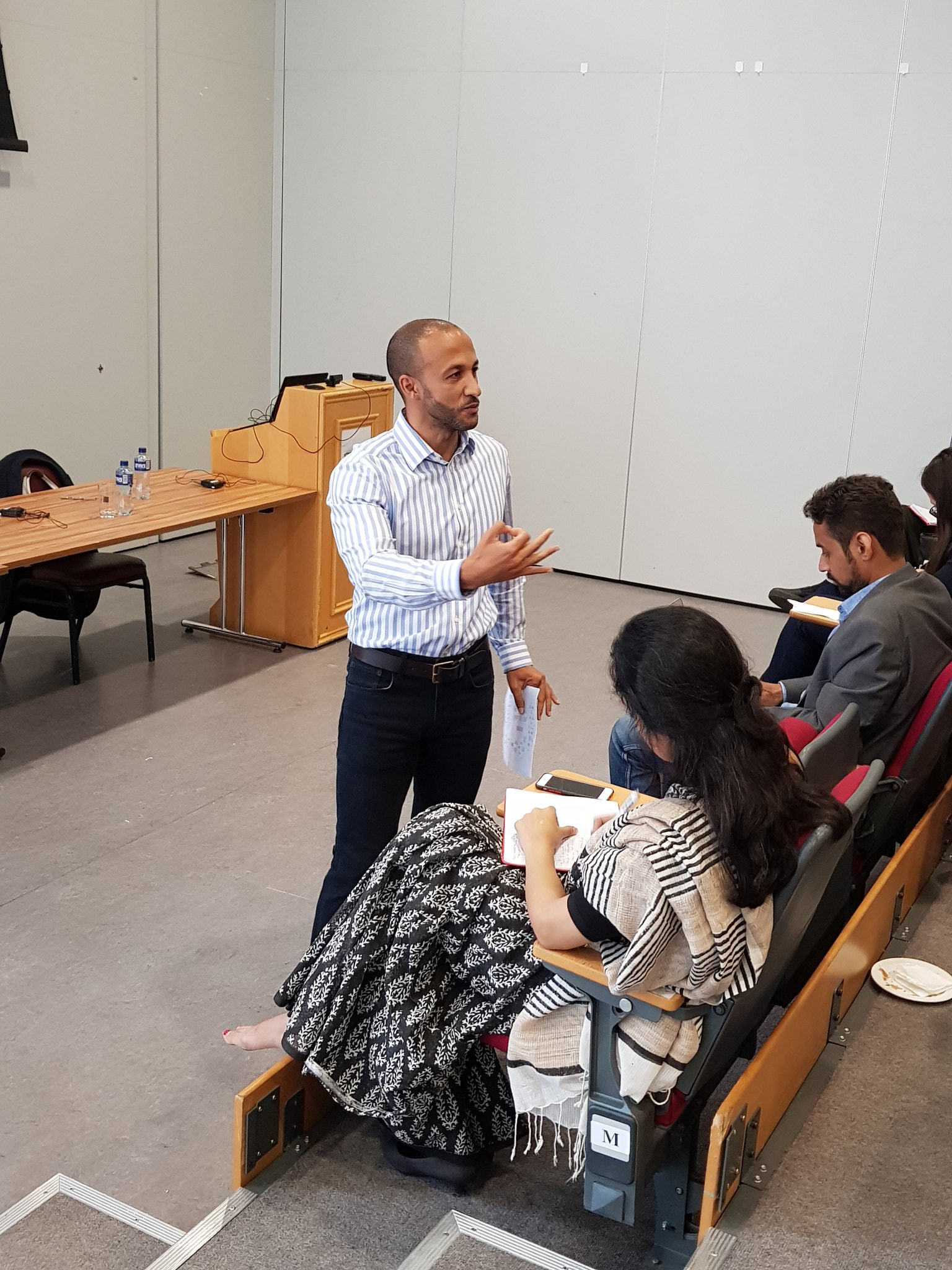
Books for Black History Month
1- CLR JAMES, THE BLACK JACOBINS: TOUSSAINT LOUVERTURE AND THE SAN DOMINGO REVOLUTION (1938)
2- WALTER RODNEY, HOW EUROPE UNDERDEVELOPED AFRICA (1972)
In September 2019, the Guardian published its list of the top 100 hundred books of the 21th century. Liberals routinely celebrate the Guardian as a muscular riposte to the right wing rags that dominate the British media. And yet, the Guardian only succeeded in locating two texts from Asia and two from Africa (including one by a white South African). I note that Asia and Africa make up nearly three quarters of the world’s population. Whether liberal or conservative, what British writers agree upon is that the literary world begins and ends in Europe. Black History Month provides occasion to subvert this nonsense. And so, I write to celebrate two texts, both of which upend the overly generous representation of European history conveyed through European texts: CLR James’ The Black Jacobins and Walter Rodney’s How Europe Underdeveloped Africa.
I encountered both books by chance, stumbling upon them during the soul shattering experience that was my legal education. In four years of legal studies, it was difficult, near impossible in fact, to locate a single author (or lecturer) who was not white, European, and male. As a result, representations of non-white and non-European cultures were mostly censored as the authors centred themselves in deliberations on all matters juristic and moral. Yet, absent from any of these deliberations were colonialism, genocide, and slavery, practices that produced the stratified world we now inhabit and pose uncomfortable questions about the juristic and moral character of European law. Yet, even history is no match for European self-regard so none were mentioned outside of my module on indigenous law.
My discovery of James and Rodney thus proved cathartic, transformative, and emancipatory. The world is not the way it is because some peoples are blessed and others cursed but because the predatory acts of Europe were made lawful by Europe. As Tony Blair proclaimed in his non-apology for British backing of the transatlantic slave trade, ‘it is hard to believe that what would today be considered a crime against humanity was lawful at the time.’ Neither James nor Rodney have any patience for this malarkey, each one taking Europeans to task for the brutalities they inflicted on non-European peoples on the path to their supposed civilisational apogee.
James tells the story of the Revolution of San Domingo, perhaps the only successful slave revolution in history, detailing the many depraved ways England, France, and Spain intrigued so as to maintain the bondage of black people. Rodney is equally forensic, cutting to shreds the European narrative of development. Europe did not become Europe principally as a result of ingenuity or Rousseau or capitalism but because they plundered Africa of its resources, including the lands and lives of the natives. Coursing through every structure of every metropolitan European city, both metaphorically and literally, are the blood and bodies of black peoples.
And so, I propose to every student reading this reflection to challenge the bleaching of human history by reading an author whose pigmentation is a little darker than was is traditionally on display in British law schools.


